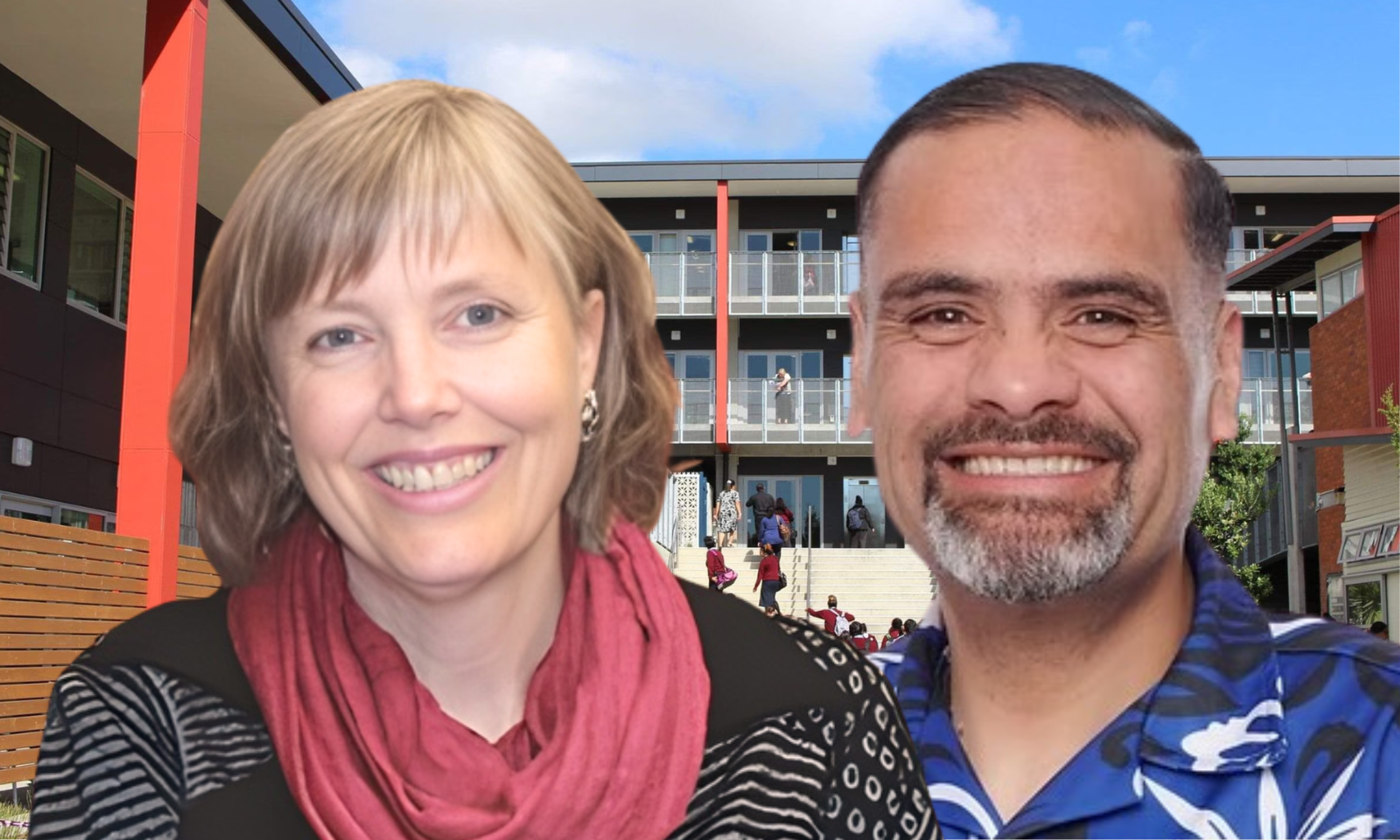

Haitelenisia Whare is the founder of Weaved Mats.
Photo/Weaved Mats
Tongan entrepreneur revives tradition, aims to support local women with mat business
With aspirations to shift production back to Tonga, Haitelenisia Whare aims to make authentic, affordable mats accessible to her community.



Fiji roar to winning ways as comeback kings claim Singapore 7s title

Visa glitch triggers duplicate charges for Rarotonga visitors



Fiji roar to winning ways as comeback kings claim Singapore 7s title

Visa glitch triggers duplicate charges for Rarotonga visitors
A Tongan businesswoman has embarked on a journey to weave tradition into her mat business, inspired by a conversation with her father.
Haitelenisia Whare is the founder of Weaved Mats, a company that imports traditional woven mats from Asia, with the long-term goal of bringing production back to Tonga and the wider Pacific.
Speaking to John Pulu on PMN Tonga, Whare says the idea first emerged during a conversation with her father.
Whare began researching mat weaving and was surprised to discover similar products in Indonesia and the Philippines, which are part of their local traditions.
“He turns to me and says: ‘You know, we’re going to be in a little bit of trouble soon.’ And I said, ‘What do you mean?’ And he goes, ‘Our katoanga (celebrations/gatherings) and stuff like that - mats are getting dearer and dearer. There has to be a better way.’
“I was just going to have a look, but then I found out that they [Indonesians and Filipinos] were already weaving, and they already had these mats. They were making fala, particularly lotaha. They also make body mats - but I don’t know whether they wear those themselves.”
Watch Haitelenisia Whare's full interview below.
Authentic versus commercial
Whare has faced criticism from some members of the Tongan community who feel she has disclosed “cultural secrets”. But she insists her goal is to support her people.
“I get a lot of our people hating me, thinking that I shared the secrets. But no, it was there already … they already produced it themselves. I just bring them into the country.
“I wanted to help our people afford the mats. That’s pretty much why I went to the Asian countries.”
The website lists woven lotaha mats from $700 to $1200 for various sizes.
Tui Emma Gillies, a tapa specialist based in New Zealand, says transparency is key in these transactions.
“If they are going to be sold, don’t sell them as Tongan mats - sell them as copies of Tongan mats made elsewhere, and say where they were made. Then people can know what they’re buying.
“I’ve seen outraged Tongans posting about them on Facebook, and then other Tongans wanting to buy them because they’re cheaper. So it’s going to happen, and it’s going to have some people who think it’s a good option - but let them make an informed choice.”
Gillies learned the art of making ngatu from her mother, Sulieti Fieme'a Burrows, and the pair often collaborate on pieces that blend contemporary and traditional designs.
She is passionate about preserving traditional methods of weaving and tapa-making, but admits that consumers should have choices.
“We want to have the option of having traditional, indigenous, ancestral, high-quality koloa. As far as the woven mats coming from overseas, I am not a fan.”
Future goals to support local business
Whare says most of her customers are Tongan, both in Aotearoa and abroad, and she hopes her business can bridge the gap between affordability for families and income for Tongan weavers.
Her long-term dream is to help weavers in Tonga and other Pacific nations build sustainable livelihoods.
“I notice that a lot of the weavers over in the Asian countries live remotely. So there’s nothing there. And I thought to myself: If they can make it, then we could do it for our own country. We could do it in Tonga, and we could do it in Sāmoa and Fiji.
“I’d love to work with our people now. I hope that this reaches them, and I hope a lot of people do contact me because this is what I actually wanted to do - to help the ones who make it, to earn a living.”